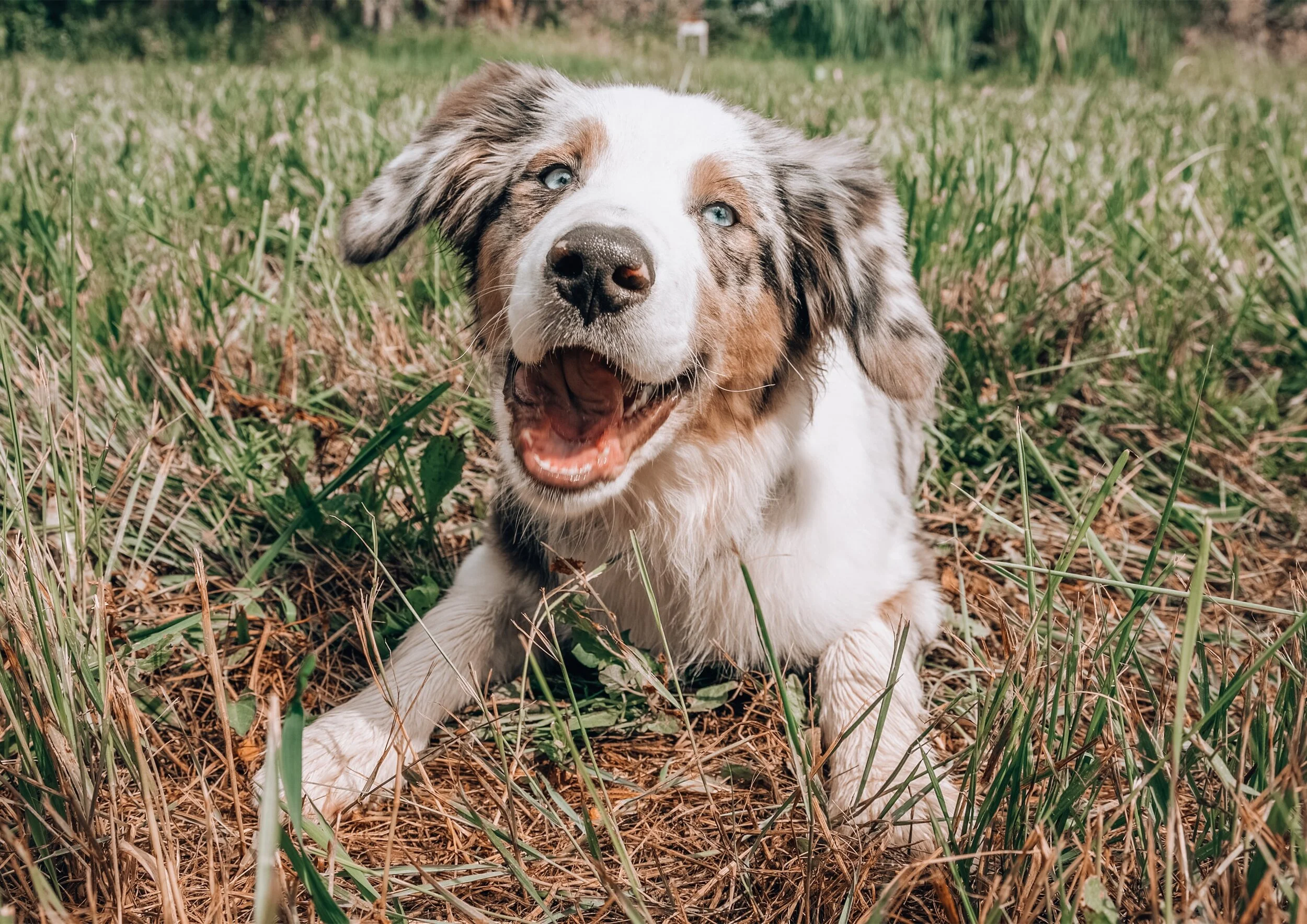It is important to take your pet to the vet for regular health checks and vaccinations. They will also need to visit the vet if they get sick, injured or during an emergency. We have some tips to help make these important visits run as smoothly and comfortable as possible for you and your pet.
Before you arrive
Get them used to being handled – through regular pats and cuddles and contact with their paws, nails, body, legs, ears and mouth. Pets that are used to regular contact are more likely to relax during an examination.
When booking your appointment – if you have an anxious pet, ask us when we are the least busy and schedule that time. If your pet is due for lab work, check if there is anything special you need to bring to the appointment.
Check supplies – take a note of your parasite preventatives and any other medications or food that your pet takes so you can stock up on any necessary refills. If you have purchased medications elsewhere bring them along with you so your vet is aware of what you pet is taking.
Safe visit – if your pet is aggressive, train them to wear a nuzzle and bring them in wearing it. You should also inform the staff so that they are aware and can prepare for any special handling requirements or sensitivities.
Bring along comfort items – if your pet has a favourite comfort toy or blanket bring it along to help reduce their anxiety and make them feel more secure. If they have a favourite treat you can bring a few of these along also to reward their good behaviour.
In the waiting room
Arrive on time – to help you and your pet feel settled and to give you time to fill out any necessary paperwork. We strive to keep our appointments on time, however a frightened or very ill pet can take additional time. Also if an emergency pet comes in they need to be given priority.
Keep them secure – when entering the clinic make sure your pet is securely in their carrier or on a lead for the safety of you, your pet, our staff and customers. Animals can behave unpredictably, especially when they are ill or in an unfamiliar environment.
Ask us - when you arrive, speak to us if you need any assistance. For example, if you have a cat, we can move you to an area away from dogs. We can also work closely with you and your pet if they are feeling anxious.
During the examination
Prepare a list – write down all of your questions ahead of time. This will make best use of your time and ensure a productive conversation with your vet.
Just pets please – if possible, please leave the kids at home with another guardian or parent. This will allow you to focus your attention on your pet’s care. We understand this is not always possible so if you do need to bring them along, have a book or quiet toy to occupy them. For our latest information about COVID-19 and your pet, click here.
After the visit
Follow instructions – follow through with any medication, advice, diet or follow up visits suggested by your vet. These can be provided in writing if necessary. If you struggle to administer medication to your pet, please let us know so we can guide you further or offer assistance.
Celebrate – once you are back home, do something fun with your pet to help them relax after their visit.
Learn more about your pet – after each visit to the vet, think about how it went. Were they anxious or happy? If they were anxious, talk to your vet about ways to help improve visits in the future.
We are here to help. If you have any questions or need support with bringing your pet into the vet, give us a call on 03 8784 4444.






